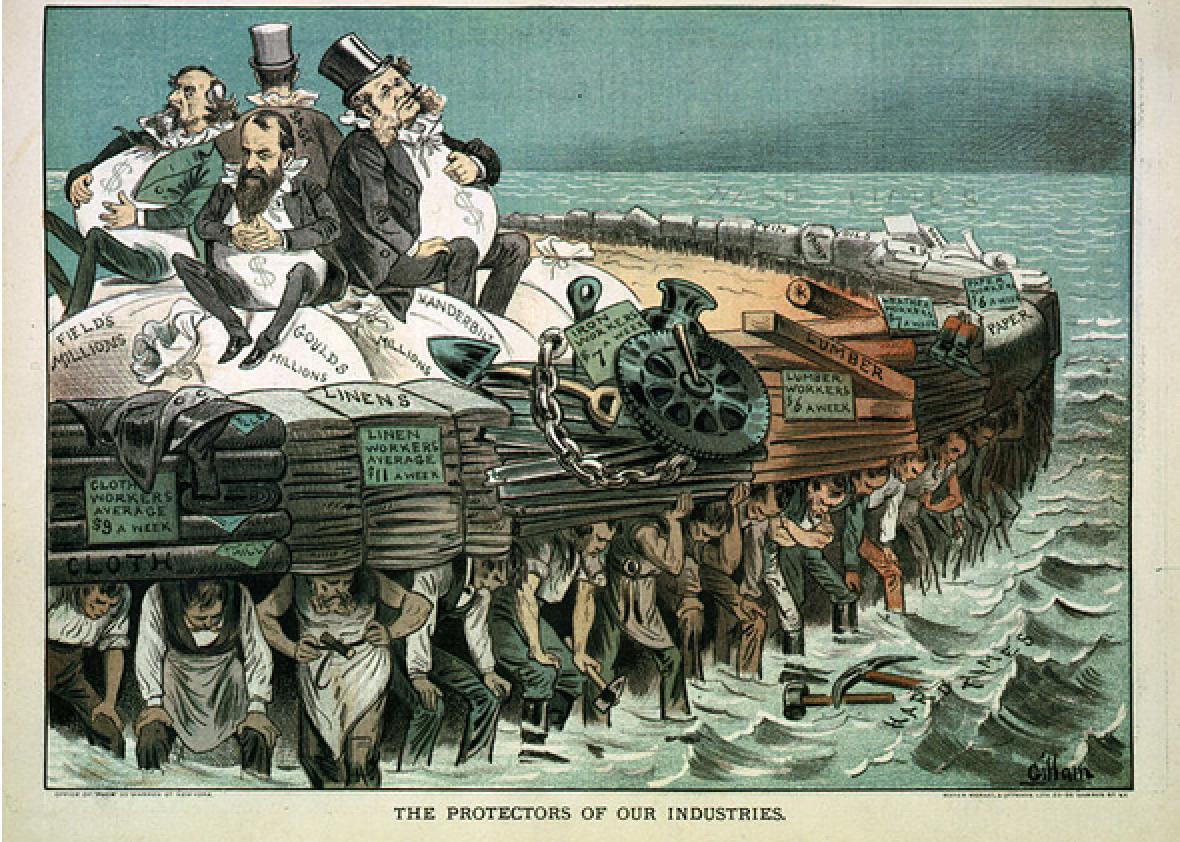Silicon Valley and its enablers have mostly stood by (when they weren’t actively cheering) while ride-haling service Uber waged its long war against unions, local governments, the press, women, the police, and the very concept of employment. But, as New York Times reporter Mike Isaac revealed in a gangbusters profile of Uber CEO Travis Kalanick on Sunday, the company may have finally done something to shock the conscience of even the most Randian tech overlords: It violated Apple’s terms of service.
Early in 2015, Isaac reports, Kalanick was called in to meet with Apple CEO Tim Cook after Cook discovered that Uber was keeping permanent identifying information about iPhones that had the Uber app installed, even after Uber was uninstalled or the device was wiped entirely clean. Not only was this not a bug or an oversight but, in an echo of the company’s former practice of “greyballing” (serving local authorities fake data to protect drivers from sting operations in places where Uber was illegal), Kalanick reportedly personally set up an elaborate espionage operation to deceive Apple about how the app functioned:
Mr. Kalanick told his engineers to “geofence” Apple’s headquarters in Cupertino, Calif., a way to digitally identify people reviewing Uber’s software in a specific location. Uber would then obfuscate its code for people within that geofenced area, essentially drawing a digital lasso around those it wanted to keep in the dark. Apple employees at its headquarters were unable to see Uber’s fingerprinting.
Uber’s motives for tracking iPhones were relatively virtuous: It was attempting to combat a scam in which Uber drivers would use stolen iPhones to set up multiple fake Uber accounts, then request rides they fulfilled themselves, cashing in on bonuses from the company for booking more riders. But Apple specifically prohibits fingerprinting iPhones, to say nothing about “setting up an elaborate automated system to efficiently lie to Apple’s engineers about what your app does,” and its App Store review guidelines are pretty clear on what the consequences are:
If you attempt to cheat the system (for example, by trying to trick the review process, steal user data, copy another developer’s work, or manipulate ratings) your apps will be removed from the store and you will be expelled from the Developer Program.
Unfortunately for users, rigorously enforcing a blanket rule against “attempting to cheat the system” would have devastating consequences for entrepreneurship, so Cook and Kalanick reached an understanding: The company stopped tagging iPhones, Uber remained on the App Store, and the entire incident went unreported until Sunday.
Isaac also reports on Uber’s competitive intelligence team, which monitored ride-hailing competitor Lyft by, among other things, purchasing anonymized data taken from Lyft users’ email inboxes. To do this, Uber worked with Unroll.me, a service that promises users that it will let them “instantly see a list of all your subscription emails” and “unsubscribe easily from whatever you don’t want.” A careful reading of the company’s terms of service and privacy policy, however, reveals that Unroll.me also offered users the opportunity to “gather up all of the Lyft receipts in your mailbox” and “send nonpersonal data about your usage of Lyft (or anything, really) to whoever is willing to pay for it.” Unroll.me CEO Jojo Hedaya, in a blog post Sunday headlined “We Can Do Better,” described this process as “how we monetize our free service,” which sounds better than “how we’re privatizing the cabinet noir,” but not much better.
Finally, Isaac reports that when his previous startup Red Swoosh was under financial pressure, Kalanick took money withheld from employee paychecks for taxes and invested it back into the company instead of sending it to the IRS. (The money was eventually paid back, after it helped Kalanick keep Red Swoosh alive until he could sell it for $19 million.)
Uber and its CEO crossing legal and ethical lines in a relentless quest to extract maximum value for investors is the very definition of a dog-bites-man story, but the details—tracking iPhones, pulling data from other people’s emails, “borrowing” money from employee tax withholdings, lying to Tim Cook—are particularly nasty. It’s almost enough to make you wonder if there might be something wrong with a system that routinely produces companies that behave this way.
